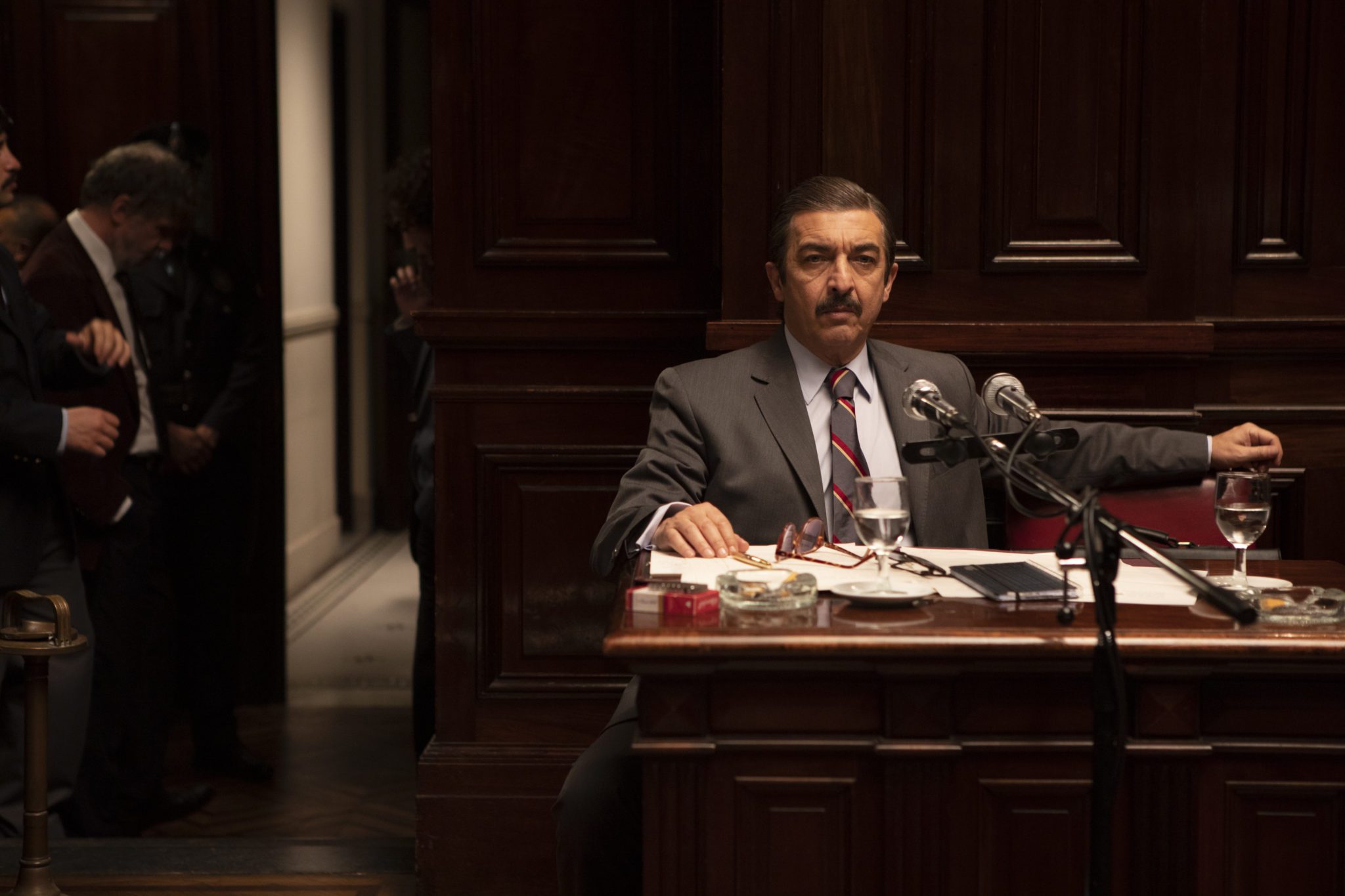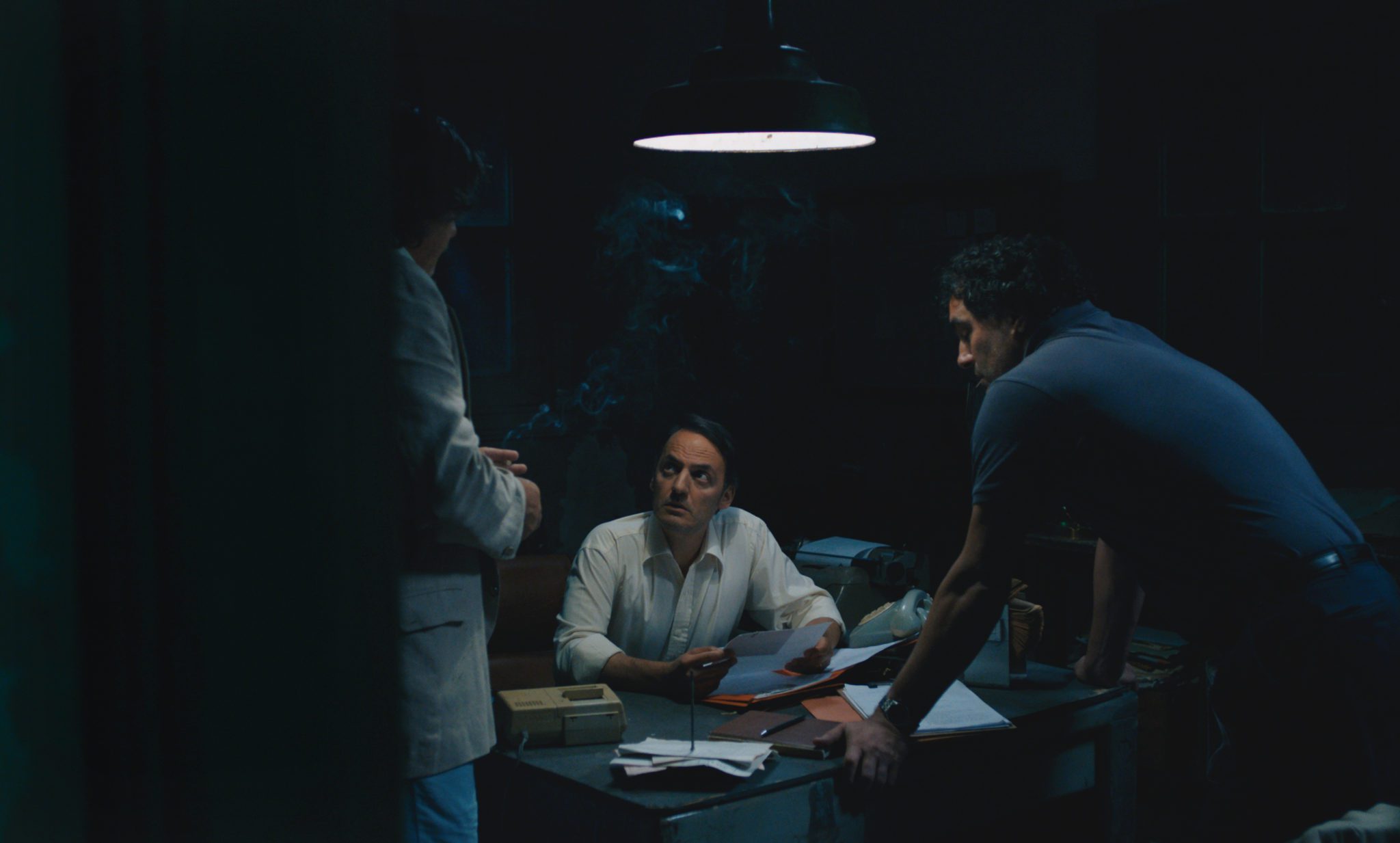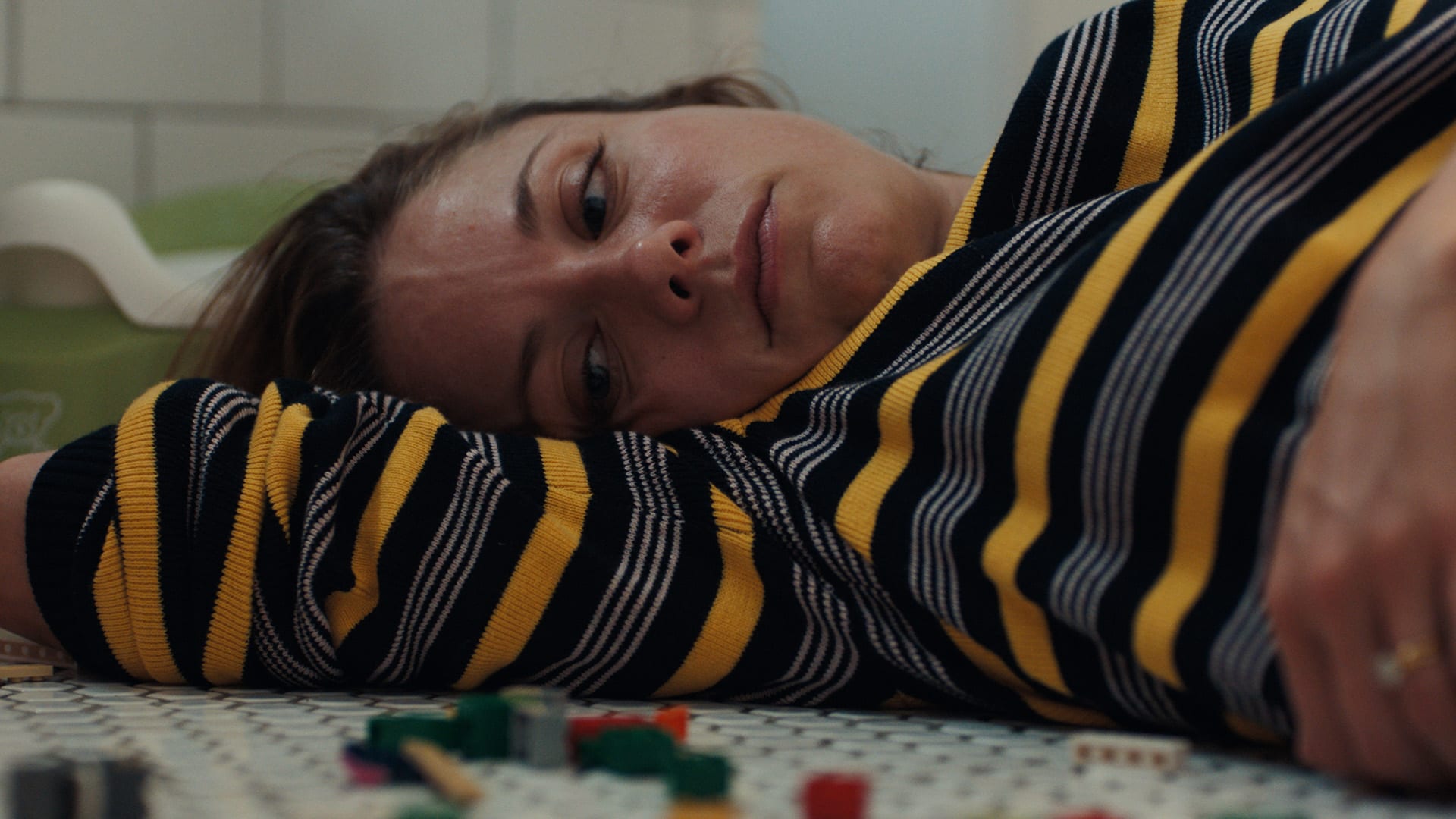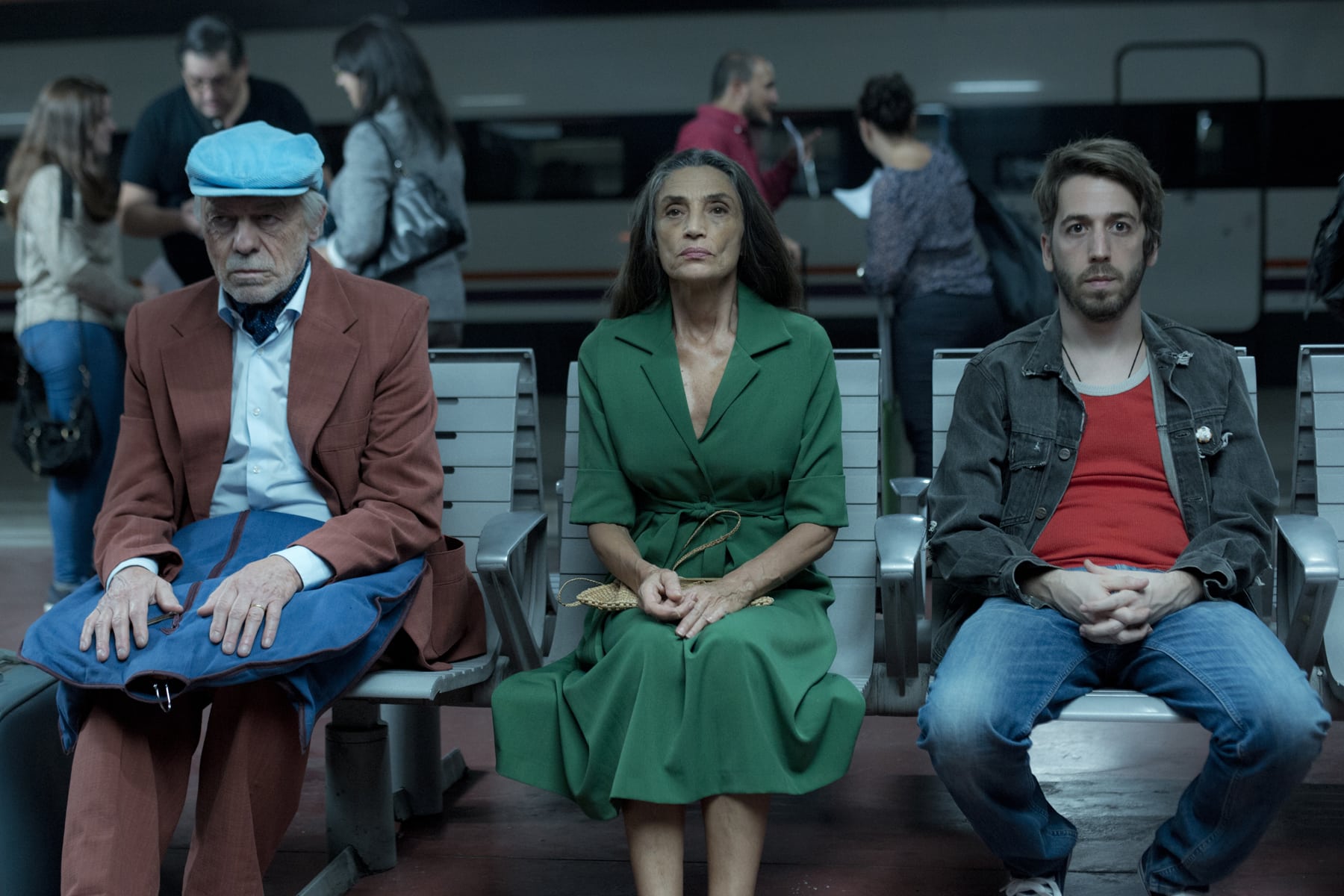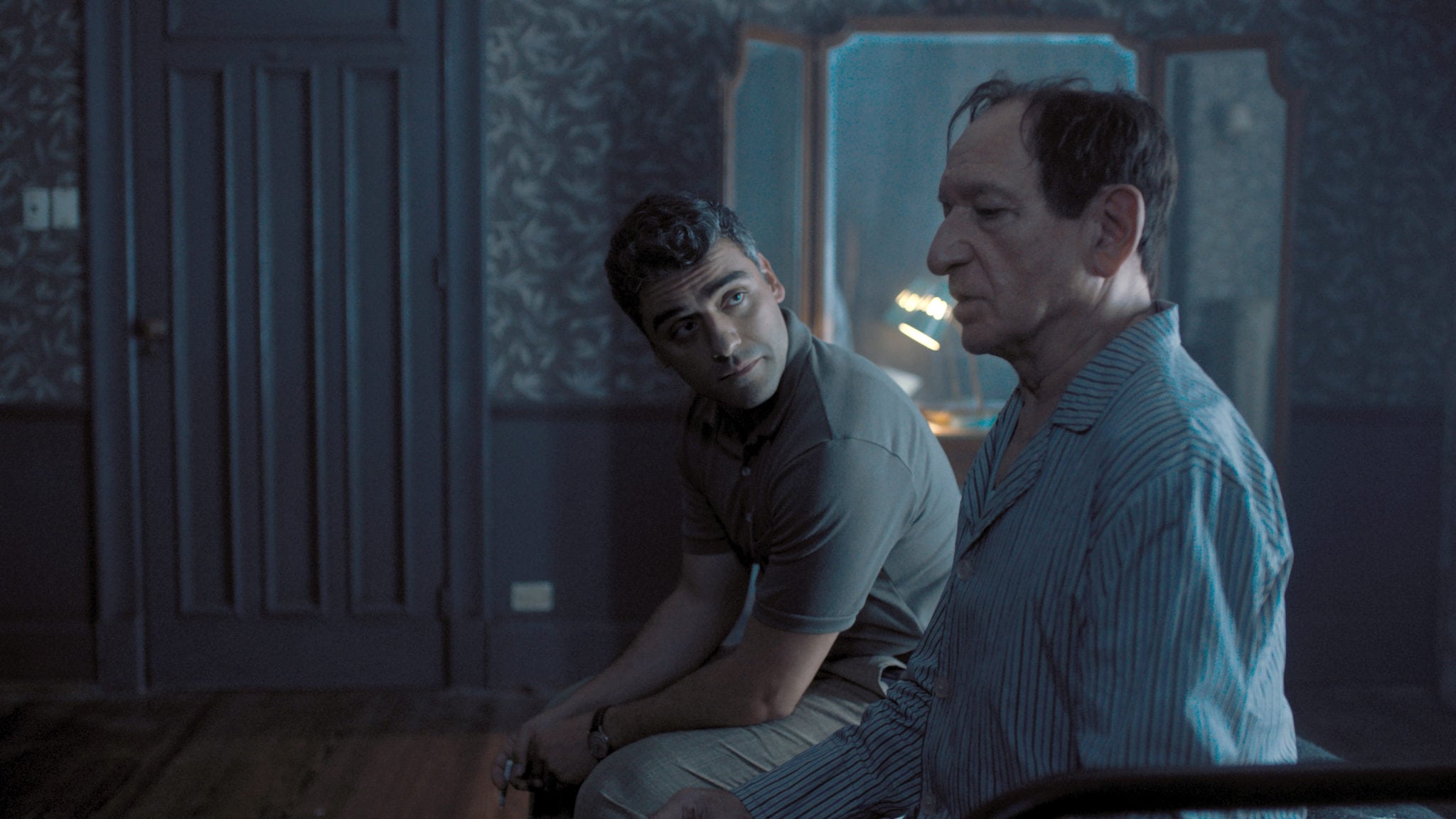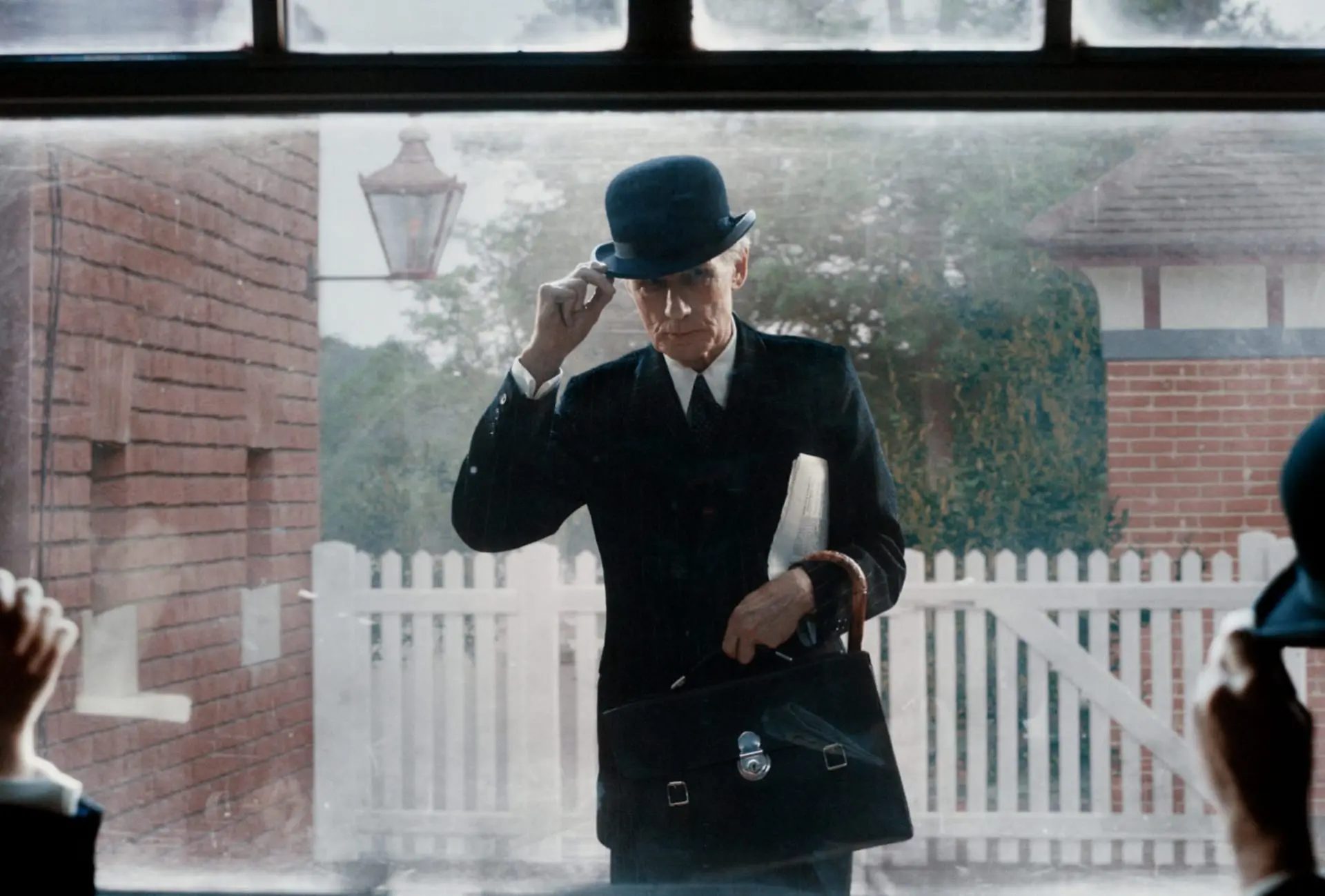
Darrel’s Dozen for 2022
The time has come to share my favorites of the last year. Things are still struggling to get back to normal in the world of movies. But things are beginning to look up with films from both established and upcoming filmmakers. The order of my list would probably change on any given day, but these…

